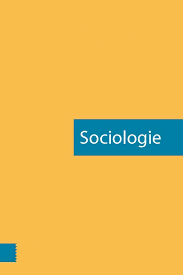Abstract
Increasing or reducing taxes is an important topic of political dispute. Public opinion about taxes is highly relevant for the legitimacy of the welfare state, because the provision of social benefits and services depends on the willingness of the citizenry to pay for them. Whereas previous studies analysed societies’ ‘average’ opinion about taxes, this study examines the variety of tax opinions in Dutch society in relation to different individual factors. Applying latent class analysis on 2006 ISSP data, this study finds that a substantial part of the Dutch respondents is content with the current distribution of taxes among different income groups. About half of the respondents demand more progressive tax structures, and a smaller group of individuals is highly critical about the tax level in general. Differences in these opinions are explained by factors such as household income, political affiliation, social trust and education. People with low social trust, who do not vote, or are right wing affiliated, criticise the level of all taxes. Highly educated, middle or right wing voters are content with the distribution of taxes, while people with a left wing orientation and lower incomes would like to see a more progressive distribution of tax burdens.
How to Cite:
Roosma, F., (2015) “Minder ‘jaloeziebelasting’ of meer ‘dagobertducktaks’?”, Sociologie 11(3-4), 475–493. doi: https://doi.org/10.5117/Sociologie/157433142015011003008
Downloads:
Download PDF
View PDF
171 Views
40 Downloads
Published on
2015-10-20
Peer Reviewed


